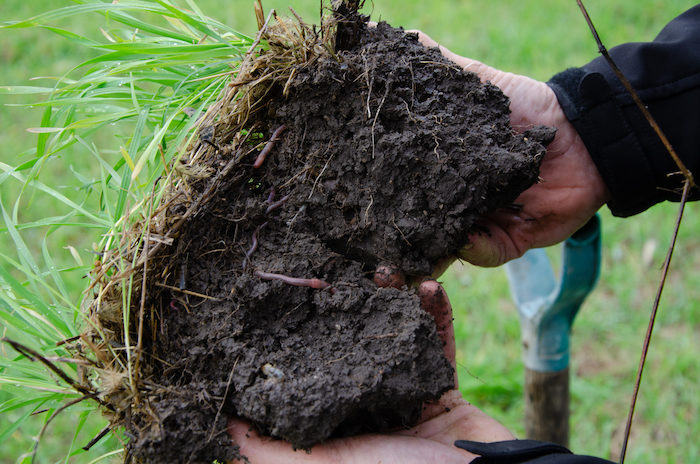
Regenerative agriculture is a holistic approach to farming that aims to improve soil health, increase biodiversity, and promote ecosystem services, while also producing food and fiber. It involves a set of practices that work together to build soil organic matter, enhance soil fertility, and support plant growth, such as cover cropping, crop rotation, reduced tillage, and the use of compost and other organic amendments. We have been using these practices for over 18 years on our own farms and as well with our clients.
The goal of regenerative agriculture is to create a self-sustaining system that mimics the natural processes and cycles found in healthy ecosystems. By promoting the health of the soil and the diversity of the ecosystem, regenerative agriculture can help to improve the resilience of agricultural systems to climate change, pests, and other environmental stresses.
In addition to its environmental benefits, regenerative agriculture can also have economic and social benefits for farmers and rural communities. By reducing the need for synthetic fertilizers and pesticides, regenerative agriculture can help to lower input costs and improve profitability. It can also promote the development of local food systems and support rural livelihoods.
Overall, regenerative agriculture represents a shift away from conventional, industrial agriculture, and towards a more sustainable and resilient approach to food production.

